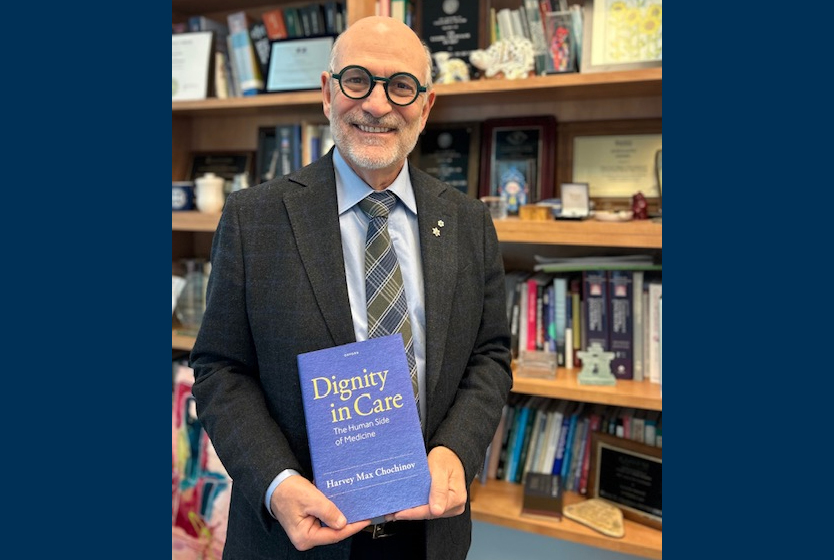National trial evaluates Therapeutic Plasma Exchange in septic shock patients
May 16, 2024

Septic shock, a life-threatening infection, is among the most common reasons for admission to ICUs in Manitoba and is a leading cause of death. Septic shock leads to uncontrolled inflammation and coagulation abnormalities. Apart from antibiotics and supportive care, there are few treatments available. Cancer patients are at higher risk of infections and septic shock due to immunosuppression from the underlying disease and chemotherapy.
CCMB scientists are leading PLEXSIS, a Canada-wide pilot trial evaluating the use of Therapeutic Plasma Exchange (TPE) in ICU patients with septic shock. TPE is a commonly used procedure that, if used in septic shock, could potentially save lives by removing harmful substances and replacing missing blood components serving to restore balance. Plasma exchange appears to demonstrate positive benefits in several published foundational studies.
The goal of the pilot study is to enroll 80 patients at 10 sites across Canada. Data provided by the pilot study will inform the design and conduct of an international multi-center randomized controlled trial that will in turn inform best practice in the area of plasma exchange in septic shock. The study also aims to evaluate protocol adherence, procedural safety, and study biological signals to help understand how plasma exchange might be working. This innovative research program will set the standard for apheresis practice and has the potential to improve patient care and survival in a disease with high mortality.
In early 2023, the research team was awarded a 3-year operating grant from the CIHR to conduct the pilot trial. The program is comprised of patients and experts in hematology, apheresis, critical care, translational biology, and clinical trials methodology.
Dr. Emily Rimmer, CCMB hematologist, and co-principal investigator of the trial comments, “Our translational biology sub-studies will hopefully allow us to gain an understanding of the underlying biologic changes in response to the treatment.” She adds, “With these studies, we hope to be able to predict which patients are most likely to benefit from plasma exchange so we can tailor treatments to the right patient at the right time.”
Research Institute News

April 23, 2025
CancerCare Manitoba Announces Funding for Research in Manitoba
CancerCare Manitoba has announced new funding to support continued research into childhood cancer as youth transition into adulthood and leave the pediatric health care system. Collaborating with researchers in PROMISE — Pediatric Research in Oncology in Manitoba: Innovation, Science & Excellence — a province-wide pediatric cancer research initiative, this additional funding will help track and study youth after they turn 18.

May 16, 2024
New book from Institute researcher, Dignity in Care: The Human Side of Medicine helps shape the future of patient care
Senior Scientist at CancerCare Manitoba Research Institute, Dr. Harvey Max Chochinov has published a new book, Dignity in Care: The Human Side of Medicine, providing insight into how the disposition and attitude of healthcare providers indelibly shape patient experience.

May 16, 2024
New trial looks at reducing bleeding risk in cancer patients while also developing novel research methods
A new Investigator-Initiated Clinical Trial (IICT) led by Primary Investigator, Dr. Brett Houston, called the MYELO-CAN TXA trial, aims to see whether Tranexamic Acid (TXA) can help prevent bleeding in patients with certain blood cancers such as acute leukemia and myelodysplastic syndrome.

